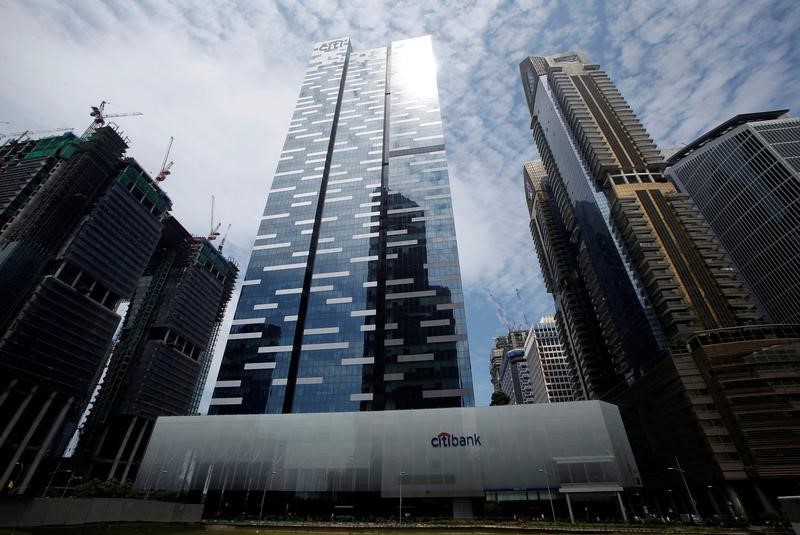(Bloomberg Opinion) -- You’ll build and they’ll come? Well, don’t bet on it.
That’s what Singapore’s authorities seem to be telling property developers, who are flooding the market with new homes.
The builders themselves are getting nervous about the glut. But everyone — the prospective homeowner, the seller and the government — is actually lucky. A minor bubble got pricked in time, with exorbitant duties now charged on most purchases to discourage speculation. These hit overseas buyers and foreign-born permanent residents, whom many Singaporeans feel were pricing them out of the market, especially hard.
In July 2018, the city-state imposed additional buyers’ stamp duties and tighter loan-to-value norms to break up the frenzy of en-bloc sales, in which owners of apartments take cash from builders to vacate, permitting redevelopment. Just the previous year, $6.4 billion of such deals took place, the most since 2007.
As planners had feared, all those bulldozed older buildings are now making way for gleaming new condominiums. The catch is, there are few buyers.
The number of units that developers have launched for sale, but remain unsold, reached almost 4,400 in the third quarter, a 3.5-fold increase from just before the government imposed harsh curbs on purchases. Speculation is frowned upon. Except for Singaporean citizens buying a first property, everyone now pays a stiff duty. Foreign-born permanent residents are levied as much as 15% for a second home. Overseas buyers who aren’t permanent residents are charged 20%.
The oversupply of unsold new homes is thus an engineered solution. The pipeline is helping keep a lid on prices, which had surged 9.1% from a year earlier before the cooling measures were imposed. Now, they’re rising just 2.1% annually. And even this moderate pace may be at risk. “The increase in the unsold inventory could place downward pressure on prices in the medium term, if unaccompanied by a corresponding rise in demand,” the central bank said in its recent financial stability review.
The next general elections are due by 2021, but likely to be held sooner. In that case, why wouldn’t Singapore want the wealth effect of a stronger property market? One reason is that most Singaporeans live in public housing. The fate of Housing Development Board estates when their 99-year lease expires is a bigger issue for voters than private property riches.
Second, the government doesn’t want a repeat of the 2010-2013 experience when low global interest rates sent a tsunami of money into the Asian financial center’s private housing market.
Currently, overseas buyers’ participation is subdued at 5%-7% of transactions, compared with a peak rate of nearly 20% in 2011. A 5.9 percentage-point increase in foreigners’ purchases is associated with an acceleration of 1.2 percentage points in the quarter-on-quarter growth rate of Singapore residential property prices, research at the International Monetary Fund has shown.
The current lull in foreigners’ participation may be temporary. Easy money conditions are back again globally, and property prices in protest-hit Hong Kong are overstretched. That combination alone is sufficient to keep Singapore vigilant.
If the city hadn’t punctured the en-bloc mania in time, home prices would by now have started to run away. Affordability would have become an issue, especially at a time when, caught in the crossfire of the U.S.-China trade war, Singapore residents have seen their incomes rise much more slowly.
Builders have got the memo and cut back on land purchases. However, the government’s land sales program for the first half of next year doesn’t show much sign of pulling back on supply. If carried out in full, the plan announced this week will release another 6,490 housing units sometime in the future. But who is this additional stock for? With the local labor market hitting a soft patch, and amid rising clamor for a “Singaporean First” employment policy, tight controls on immigration are likely to remain in place through 2020, further depressing potential demand.
Maybe once the elections are out of the way, Singapore will allow more prospective buyers to show up on its shores. On that hope, developers will have to go on and keep building.
